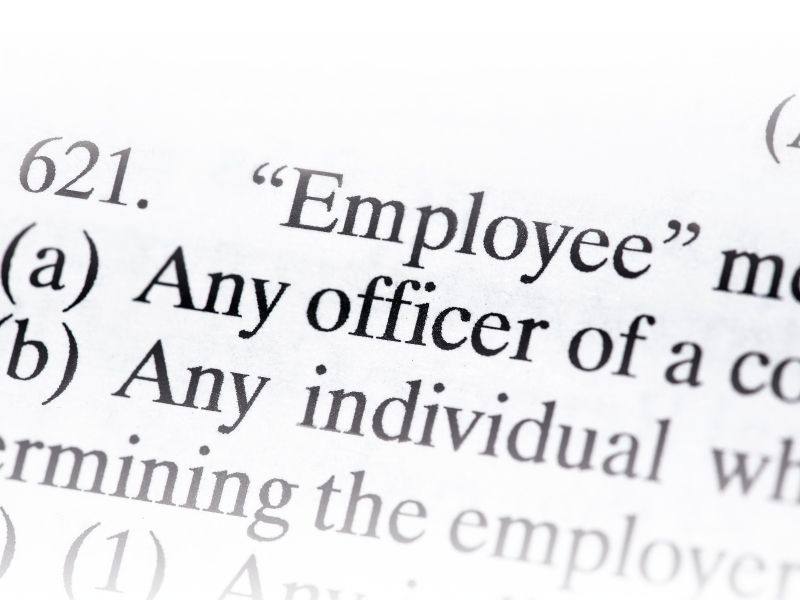The Debate Continues in California.
In a landmark ruling that affects a lot of Silicon Valley’s fast-growing technology companies and the jobs they create, the California Labor Commissioner’s Office has said that a person driving for the ride-hailing service Uber should be considered an employee, not an independent contractor. Back then, Uber appealed against this ruling.
Recently, in August 2020, The California Labor Commissioner’s Office has filed lawsuits against Uber and Lyft for committing wage theft by misclassifying employees as independent contractors, and depriving these workers of legal protections in violation of California labor law. When these drivers are classified as independent contractors instead of employees, it deprives them of protections such as minimum wages, paid sick leaves, overtime compensation, paid rest periods, and reimbursement of work-related expenses.
On what basis is the California Labor Commissioner’s Office determining whether a worker is an employee or not? Quoted from this article:
- In 2018, the California Supreme Court’s Dynamex ruling established the “ABC test” for determining whether a worker is an employee under various California labor laws. Assembly Bill 5, which went into effect on Jan., extended the ABC test to additional California labor laws. Under the ABC test, workers are considered employees unless they are free from control from the hiring entity, perform work outside of the hiring entity’s usual business, and engage in an independently established trade or occupation.
In my opinion, in a world of freelancers who over time become indispensable team members, it’s a better practice to err on the side of caution.
If is smells like a duck, and quacks like a duck, it’s a duck.
Many “contractors” who work 50 hours a week for one company and have no other sources of income, and whose daily existence is controlled by their “company,” are best considered employees.

